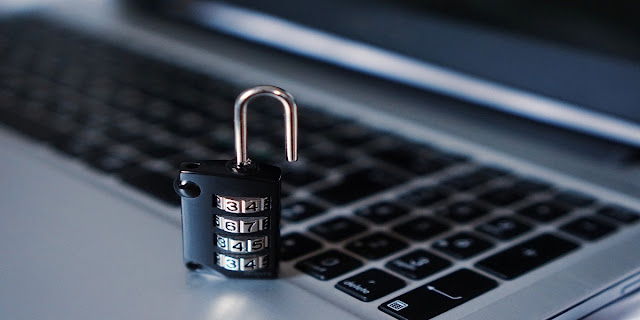What Is Two Factor Authentication?
It is denoted by 2FA. Two factor authentication is the system which is based on two different security levels. Both of these factors are necessary to access the desired place. Two factor authentication (2FA), alluded to as two-venture confirmation. Also known as a double factor verification. It is a security cycle in which clients give two distinct confirmation components to check themselves. Two factor authentication is executed to more readily secure both a client's certifications and the assets the client can get to.In single factor authentication, the client gives just one factor. More often, a secret key or password. Two factor authentication strategies depend on a client giving a secret key as the primary factor. And secondly, unique factor, as a rule, either a security token or a biometric factor. Like a finger impression or facial output.
Two factor authentication adds an extra layer of safety to the confirmation cycle. By making it harder for aggressors to access an individual's gadgets or online records on the grounds. Regardless of whether the casualty's secret word is hacked, a secret phrase alone isn't sufficient to pass the verification check. Two factor authentication has for some time been utilized to control admittance to touchy frameworks and information. Online specialists are progressively utilizing 2FA to shield their clients' certifications from being utilized by hackers. Hackers took a secret phrase data set or utilized phishing efforts to acquire client passwords.
Is 2FA Not Stopping Hackers?
While two-factor validation further develops security, 2FA plans are just pretty much as secure as their most vulnerable part. For instance, equipment tokens rely upon the security of the guarantor or producer. Perhaps the most high-profile instances of a compromised two-factor framework. It was happened in 2011 when security organization RSA Security detailed its SecurID verification tokens had been hacked. The record recuperation measure itself can also be sabotaged when it is utilized to overcome two factors authentication. It frequently resets a client's present secret word and messages a transitory secret word to permit the client to sign in once more. The business Gmail records of the CEO of Cloudflare were hacked along these lines.According to a dissertation help firm, despite the fact that SMS-based 2FA is economical, simple to carry out and considered easy to use, it is powerless against various assaults. The National Institute of Standards and Technology (NIST) has debilitated the utilization of SMS in 2FA administrations in its Special Publication 800-63-3: Digital Identity Guidelines. NIST inferred that OTPs sent through SMS are excessively defenseless because of cell phone number transportability assaults. Assaults against the cell phone organization and malware that can be utilized to block or divert instant messages.
Future of Two Factor Authentication Security:
We use biometrics techniques for verification with respect to our own cell phones to open them. The finger prints of the user, iris, and facial acknowledgment have all been around for some time now. They are progressively opening up even on minimal expense items. Simultaneously, it's significant that they're not actually secure. It is conceivable, in certain occasions, to deceive finger impression sensors and fundamental facial acknowledgment frameworks.Yet, Aman Khanna, VP Products, ThumbSignIn, an organization that gives secure validation arrangements, he noticed that as opposed to getting rid of biometrics, we will see the utilization of a mix of biometric authenticators. The test is in making these validation frameworks frictionless, so they give security without all the fight of actually demonstrating who we say we are. In two or three years, we can securely accept that more administrations will require multifaceted confirmation. And gadgets like U2F keys will become less expensive and more typical.
Read This Also: What Is Correlational Research? Get Complete Understanding
Furthermore, the majority of the UK top level banks utilize the tech to check that either it's the genuine client in on the web and versatile banking. This brought about a sharp decrease of computerized misrepresentation in the UK since the tech had the chance to be sent by the neighborhood banks in 2016. An intriguing application you can go after yourself right currently is Typing DNA's two-factor validation framework, which comes as a program augmentation. It safely stores your 2FA codes and keeps them good to go solidly in your program. However, to get to them, it'll require a password.
What Will Come Next?
Conduct biometrics takes a gander at computerized end clients. Anybody getting to their record through PC, cell phone, tablet, and so forth. The information that the framework gathers is the mean by which the client communicates with the application. The way they hold and contact the gadget, the manner in which they move the mouse. So it’s all advanced. As a perspective, a considerable lot of the US MasterCard backers are going to send the tech for online record opening. That is the point at which you apply for a Visa on the web.Furthermore, the majority of the UK top level banks utilize the tech to check that either it's the genuine client in on the web and versatile banking. This brought about a sharp decrease of computerized misrepresentation in the UK since the tech had the chance to be sent by the neighborhood banks in 2016. An intriguing application you can go after yourself right currently is Typing DNA's two-factor validation framework, which comes as a program augmentation. It safely stores your 2FA codes and keeps them good to go solidly in your program. However, to get to them, it'll require a password.




